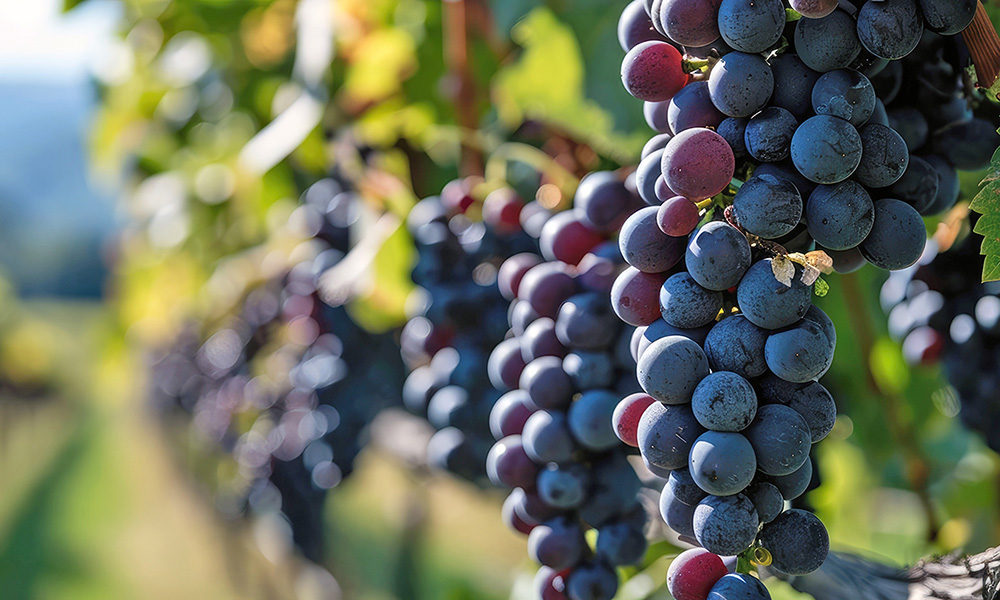
Faculty of Management Professor Annamma Joy’s goal is to connect academia and industry, addressing the significant challenges toward a more equitable and ecologically sustainable future.
In the vibrant worlds of art, fashion and wine, sustainability is no longer a mere trend but a fundamental necessity for cultivating a globally conscious and responsible marketplace.
Professor Annamma Joy, a prominent figure in the study of luxury goods at UBC Okanagan’s Faculty of Management, studies consumer behaviour, marketing and brands with an eye toward sustainability.
Her goal is to connect academia and industry, addressing the significant challenges toward a more equitable and ecologically sustainable future. Further, alongside colleague Dr. Donna Senese and their jointly supervised doctoral student, Pallbi Sharma, they’re going as far as investigating social sustainability in the wine industry.
Joy’s latest contribution to the issue is a new book she’s edited. In Sustainability in Art, Fashion and Wine: Critical Perspectives, she’s collected some of the industry’s leading thinkers on issues of equity and sustainability.
Here, she answers pressing questions about capitalism, consumerism and conservation.
You write that these industries need “sweeping transformative change.” What does that involve?
It means radically rethinking how we approach sustainability in art, fashion and wine. It’s about supporting the integration of sustainability with digital innovations and the way art influences our society. This change considers the environmental impact of technologies like blockchain in art and luxury fashion. It aims for more sustainable production and consumption in fashion to reduce waste and addresses the challenges of making the wine industry more sustainable amid global issues like water scarcity.
How do you propose solutions for climate change while promoting social good?
To tackle climate change and enhance social good, we need a multifaceted approach. Though innovative technologies such as blockchain significantly impact our environment through power demands, we’re exploring ways to mitigate this. The fashion and wine industries need help with waste, like microplastics.
Addressing these issues means understanding their historical and economic origins and adopting an ethos of care and social justice, particularly in combatting exploitation in the fashion industry.
Can capitalism and sustainability co-exist?
Creating a non-exploitative version of capitalism is essential for sustainability. It requires us to be mindful of race, gender and cultural differences, employing an intersectional approach to grasp and address oppression. This approach reshapes how brands interact with communities, moving toward practices that foster brand integrity without exploiting societal vulnerabilities. It’s about challenging deep-seated issues in industries like fashion and wine through a lens of diversity and fairness.
Can capitalism change?
The intersection of capitalism and sustainability presents a paradox; while one focuses on growth, the other emphasizes minimizing environmental impact. To reconcile these, capitalism must integrate sustainability, valuing ecological and social considerations alongside economic ones. This shift requires moving beyond human-centric views to a broader environmental perspective, embracing all forms of life and the health of our planet.
What issues are still revealing themselves to us?
Discussions on sustainability will increasingly address diversity and intersectionality. The focus on environmental and economic aspects has so far overshadowed social sustainability. Addressing that gap is imperative for fostering a sustainable global community that values social justice and equity.